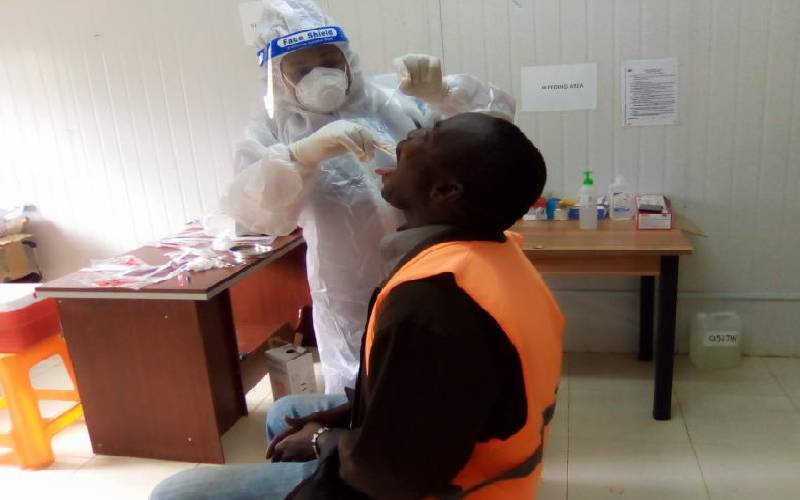×
The Standard e-Paper
Stay Informed, Even Offline

The drop in Covid-19 cases over the last few weeks has awakened hope in Kenyans. In July, the Ministry of Health recorded a spike in positive cases that had Kenyans worried. Earlier projections had indicated the pandemic was likely to peak in September, after which the curve would start to flatten.